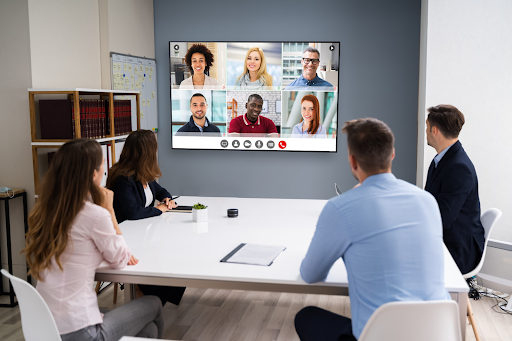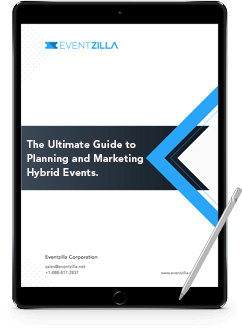It’s one of the best feelings in the world. The last attendee has left the event venue and your vendors are packing up. You did it! The event is over and everyone is happy. Whew! Pat yourself on the back and take a few deep breaths. You deserve it. However, your event is really not over. Post-event follow up is an important step in any event planning process cycle. Don’t ignore it. In fact, savvy event planners build this stage into their event strategy timeline. But what do we mean by follow up? There are several best practices for you to consider.
Thank Your Guests
Miss Manners teaches us to send a note of thanks to our hosts when we attend a dinner party. In the event world when the share of ticket sales is at a premium, it is important for the host to send thank you’s to attendees after an event. This could be as simple as an email deployed the week after the event. Use this opportunity to not only show appreciation to your guests but also include a value-add such as sharable video or photos and a recap of the event. Make sure that your email is authentic and personalized so that your guests truly feel appreciated. If possible, up your appreciation game my mailing event swag with handwritten thank-you notes to VIPs. Don’t forget to also thank speakers, vendors, sponsors, and volunteers as well.
Check on No-Shows
If you had ticket holders who did not attend your event, it might be worth it to check in with them. Don’t make it weird or high pressure. Send a simple email saying “We missed you” and invite them to attend the next event. Send the same photos and recap you sent in the thank you email so they see what they missed. Hopefully, they’ll be inspired to attend your next event.
Send Post-Event PR and Social Media
Many prints and online media outlets contain a section for event recaps and images. Send high-resolution images of smiling, happy attendees and a recap highlighting all of the benefits they experienced at the event. This is a great way to increase the press coverage after your event is over and to build awareness for your next event. You could also send exclusive event takeaways to media sources for publication. Check out this example from Inbound 2019. Also, post videos and photos on your social media accounts so that followers can like, share, and engage with you. Here’s a great example from the NTEN Conference.
Collect Feedback
Post-event surveys are critical for your future success. Send a simple, short survey via email to your attendee list asking for feedback on the event venue, speakers, content, activities and other details. Keep the survey open for a week or so to give people time to respond. Once you’ve got a good number of responses, review and analyze the data in order to find details you can improve or change. Read our recent blog post for more tips and tricks on post-event surveys.
Start a Conversation with Leads
If you’ve collected leads for future partners, speakers, vendors, or exhibitors, don’t wait too long to reconnect and start a relationship. Lead cultivation can be a long term process and the more you know about your new contact, the more mutually beneficial your business relationship will be. Plus, your new connection may be able to introduce you to other important leads. Reach out via email or LinkedIn to say “It was nice to meet you and let’s have lunch” sooner rather than later.
Keep in Touch
Periodically, reach back out to your attendees via email and targeted social media to remind them of the fabulous experience they had at your event. Use these touchpoints to offer exclusive content like webinars, videos, infographics, and e-books. Start conversations with your most engaged guests on Twitter or LinkedIn. When the time comes for your next event, send these best customers a special Save the Date and an exclusive chance to purchase tickets before anyone else. This is classic relational marketing. You are building long-term relationships in order to maximize your ROI.
Always Mention Your Next Event
Even if you don’t have a date or venue, mention your next event whenever you reach out to your past guests. With all of the competition we face as event planners, it is important to stay top of mind with your customers. Events are not complete until you’ve cleaned up the venue, paid all of the bills and followed up with all of your important partners. That includes your guests. Don’t skip this step







